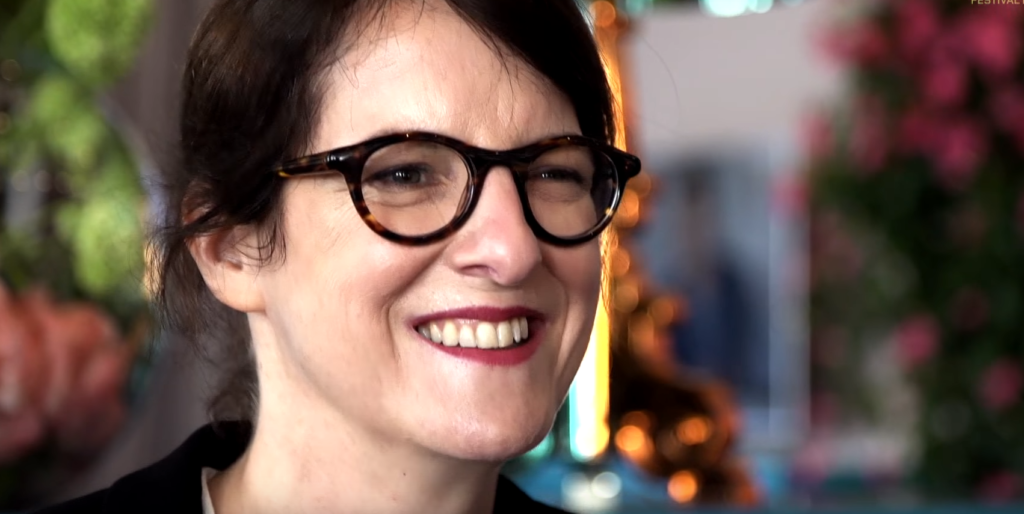Locarno Festival is committing to change. A press release from the Switzerland-based fest announced that President Marco Solari and Vice President Carla Speziali will sign the Programming Pledge for Parity and Inclusion in Cinema Festivals. The Swiss Women’s Audiovisual Network (SWAN) is acknowledged for their role in urging the fest to sign the Pledge during its upcoming 71st edition.
The Pledge commitments are as follows: “to compile statistics according to gender, especially those regarding the number of films submitted, in order to support SWAN with reliable data; to disclose the list of the appointed members of selection committees and programmers, the aim being to eliminate any suspicion of a lack of diversity and parity while allowing the festivals to fully pursue their editorial and strategic choices; and to commit to a transformation schedule of the executive bodies of festivals to reach parity progressively and at the earliest opportunity.” SWAN will produce an annual report assessing the fest’s progress.
The Pledge was introduced by Le Deuxième Regard’s 5050×2020 initiative, whose efforts led to Cannes head Thierry Frémaux, Directors’ Fortnight, and fest sidebar Critics’ Week signing a pledge for parity.
“SWAN commits fully to its French sisters 5050×2020 and Le Deuxième Regard’s values,” the release details. “Equality restores the balance of power. Diversity deeply changes representations. The opportunity to work in an egalitarian and inclusive environment must be seized because we are certain that the equal sharing of power will promote profound creative renewal.”
The pledge will be signed August 5 in Locarno. Among those present for the signing will be Ursula Meier (“Bridges of Sarajevo”), a director who is credited as Pledge Godmother and serves on SWAN’s Creative Council, and SWAN Co-Presidents Gabriel Baur, Laura Kaehr, and Stéphane Mitchell.
Locarno Festival runs from August 1-11. According to Variety, this year’s roster “comprises 19.5 percent of women directors in the Piazza Grande section (four films from female directors out of 18 films), 16.5 percent in the international competition (three out of 15 films), and 46.5 percent in the Cineasti dei Presenti (seven out of 15).”







